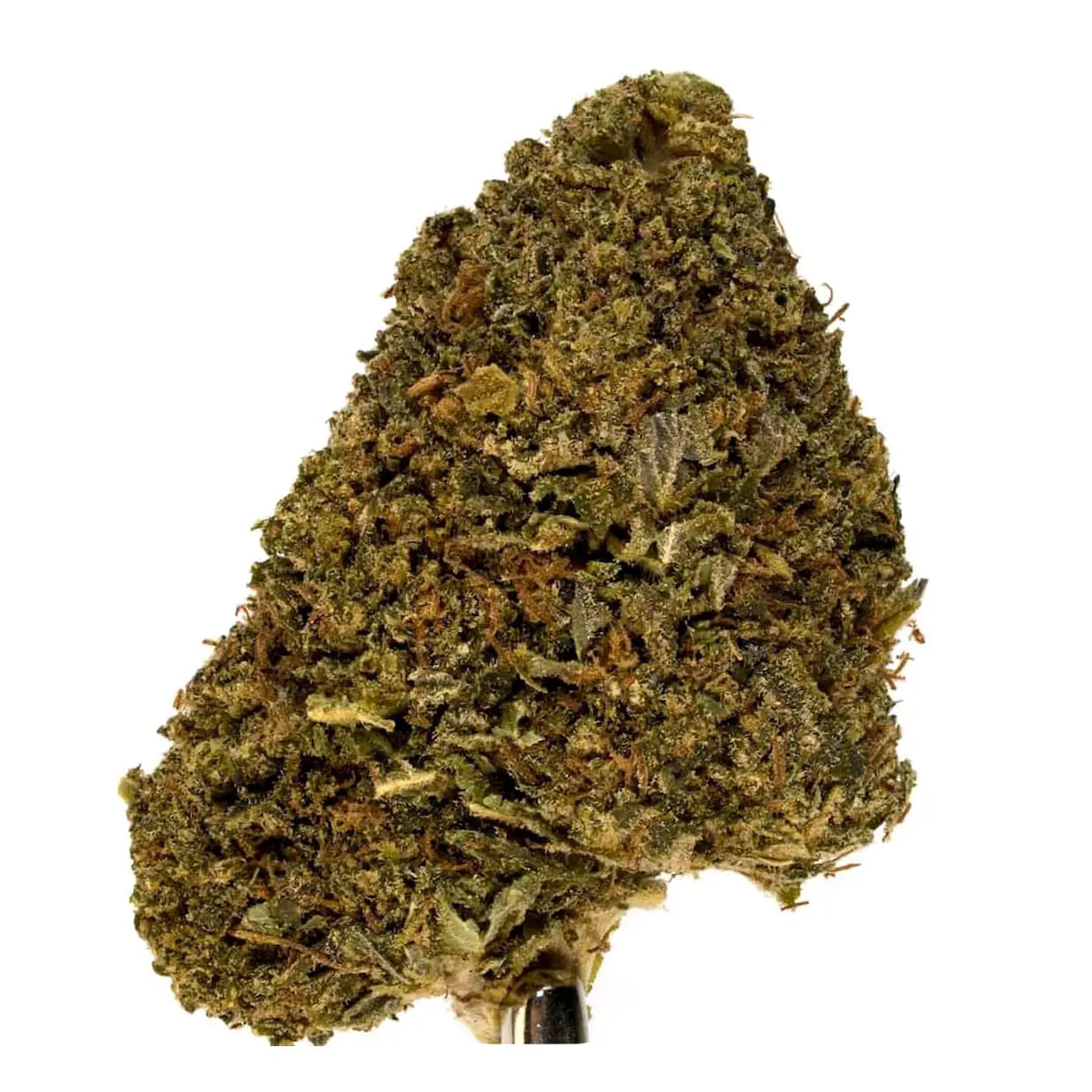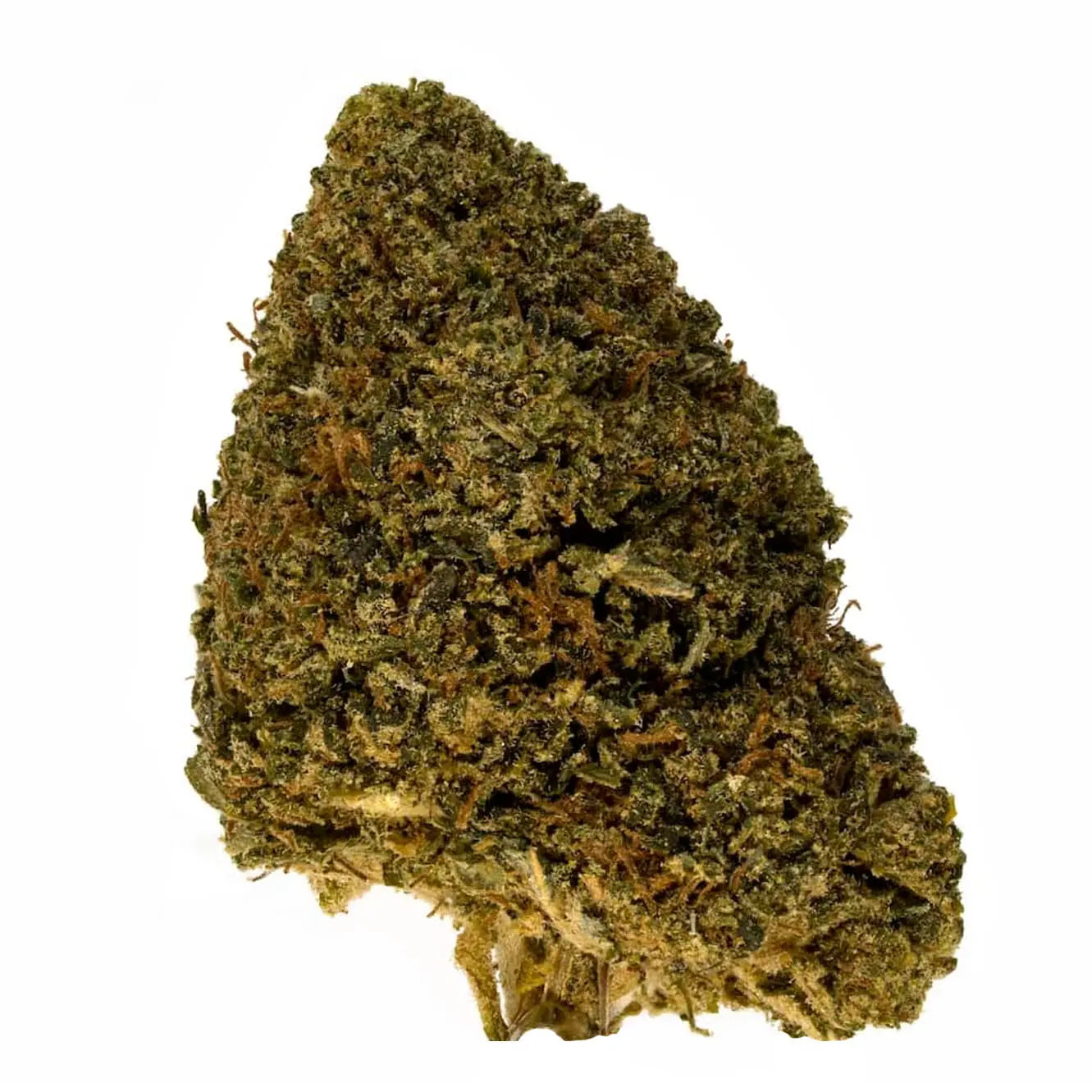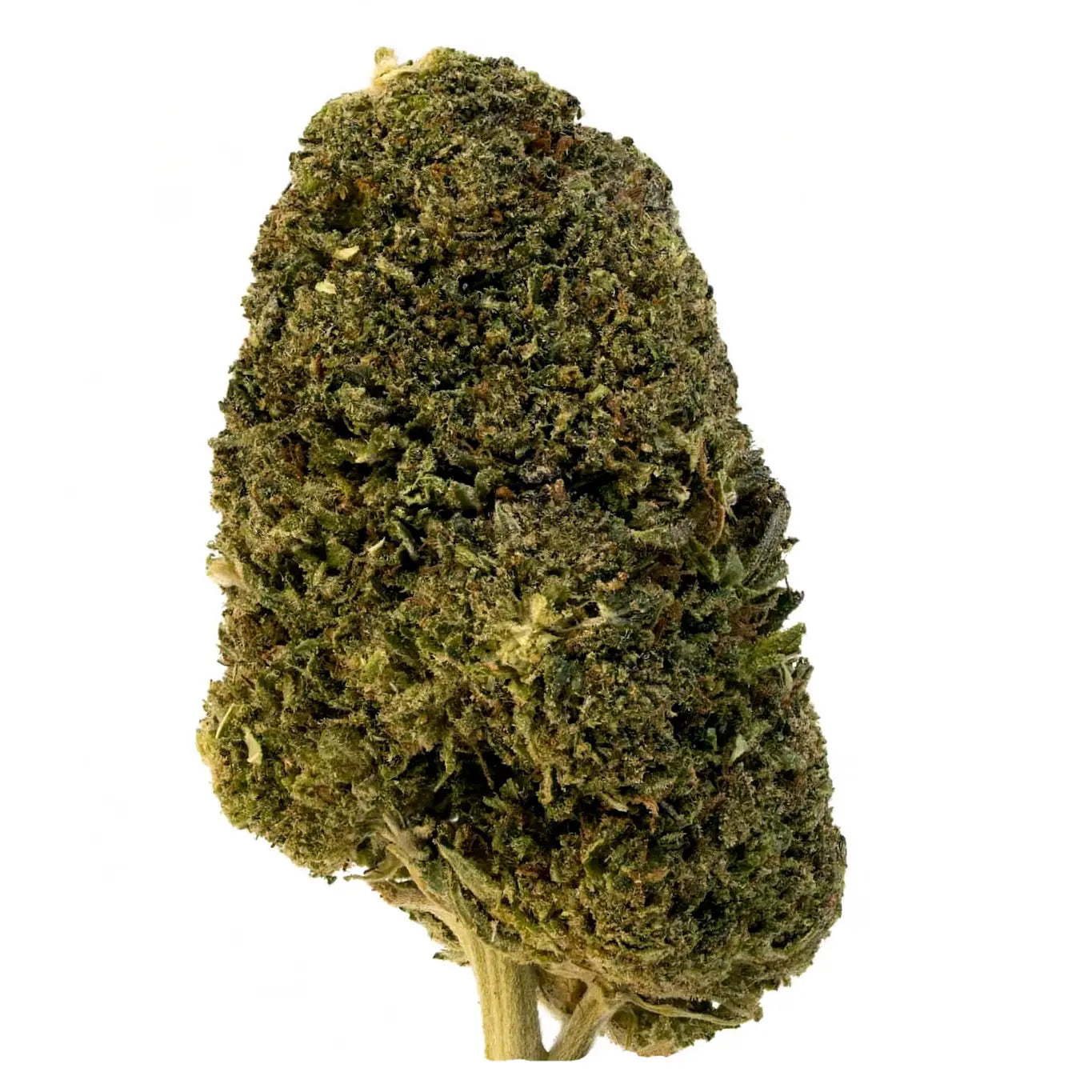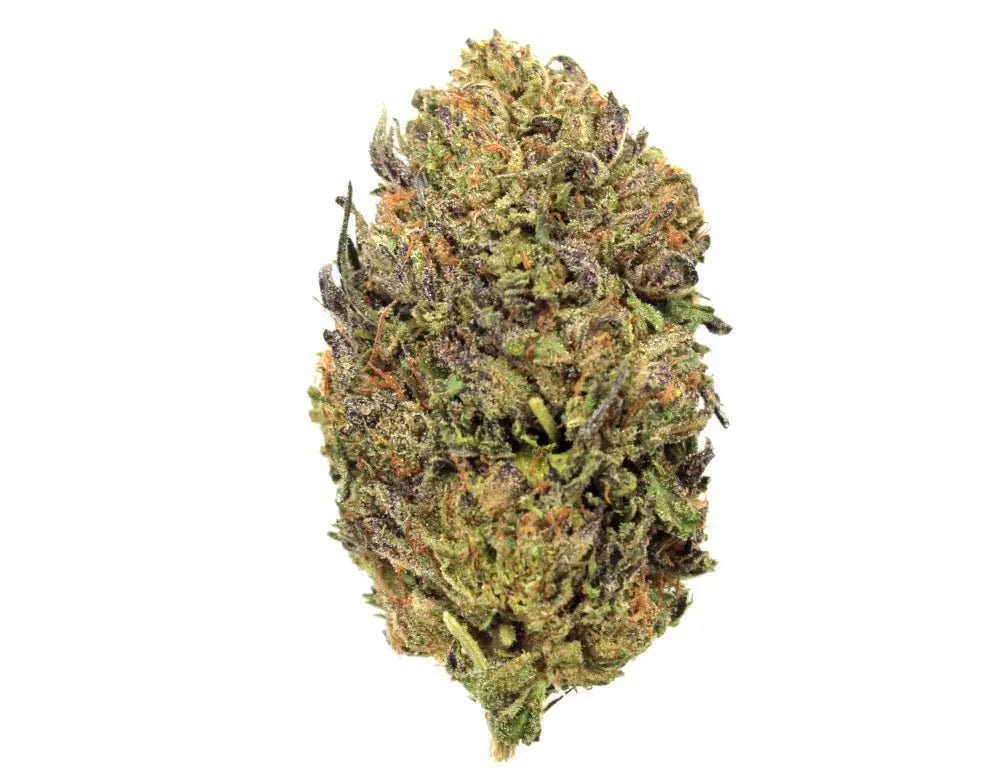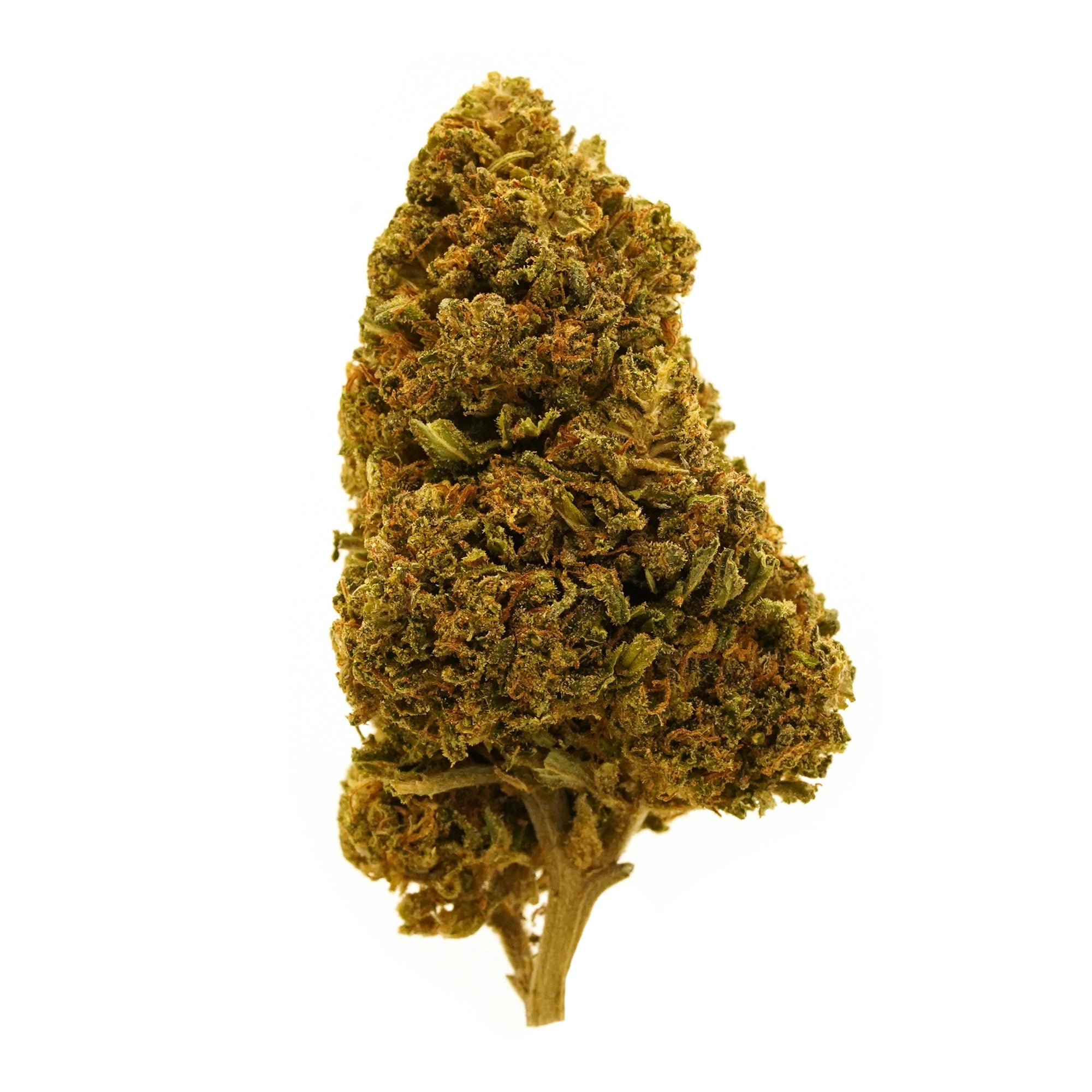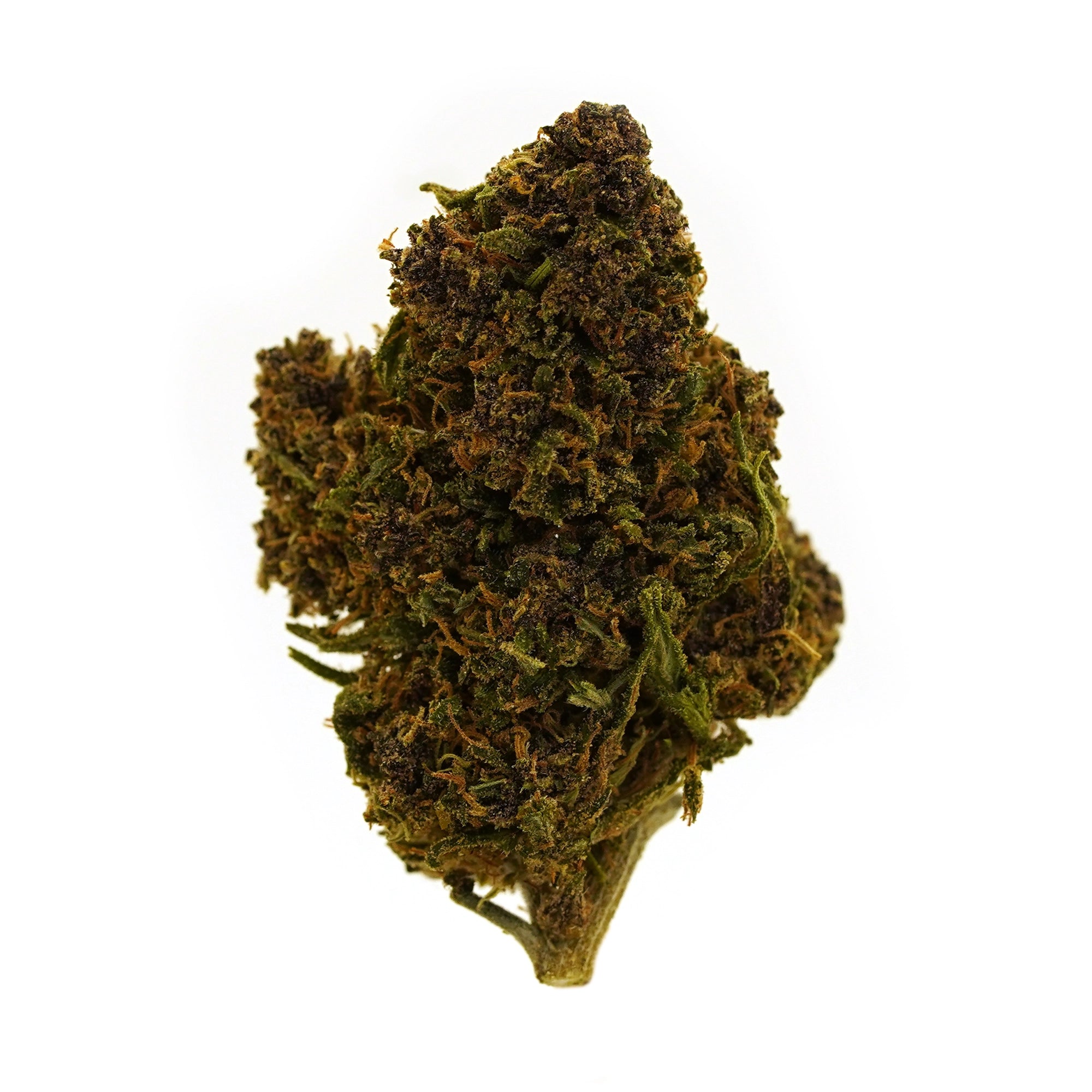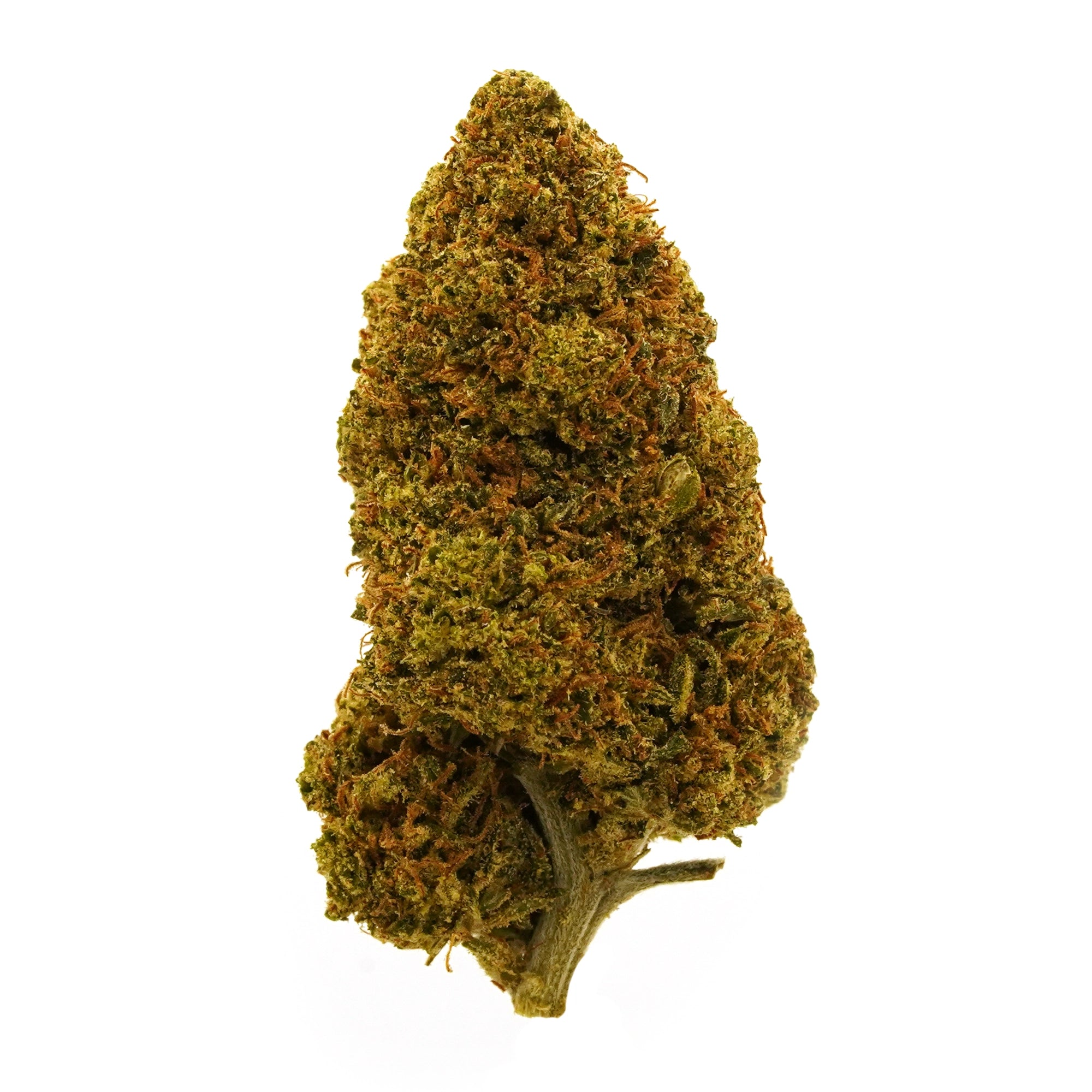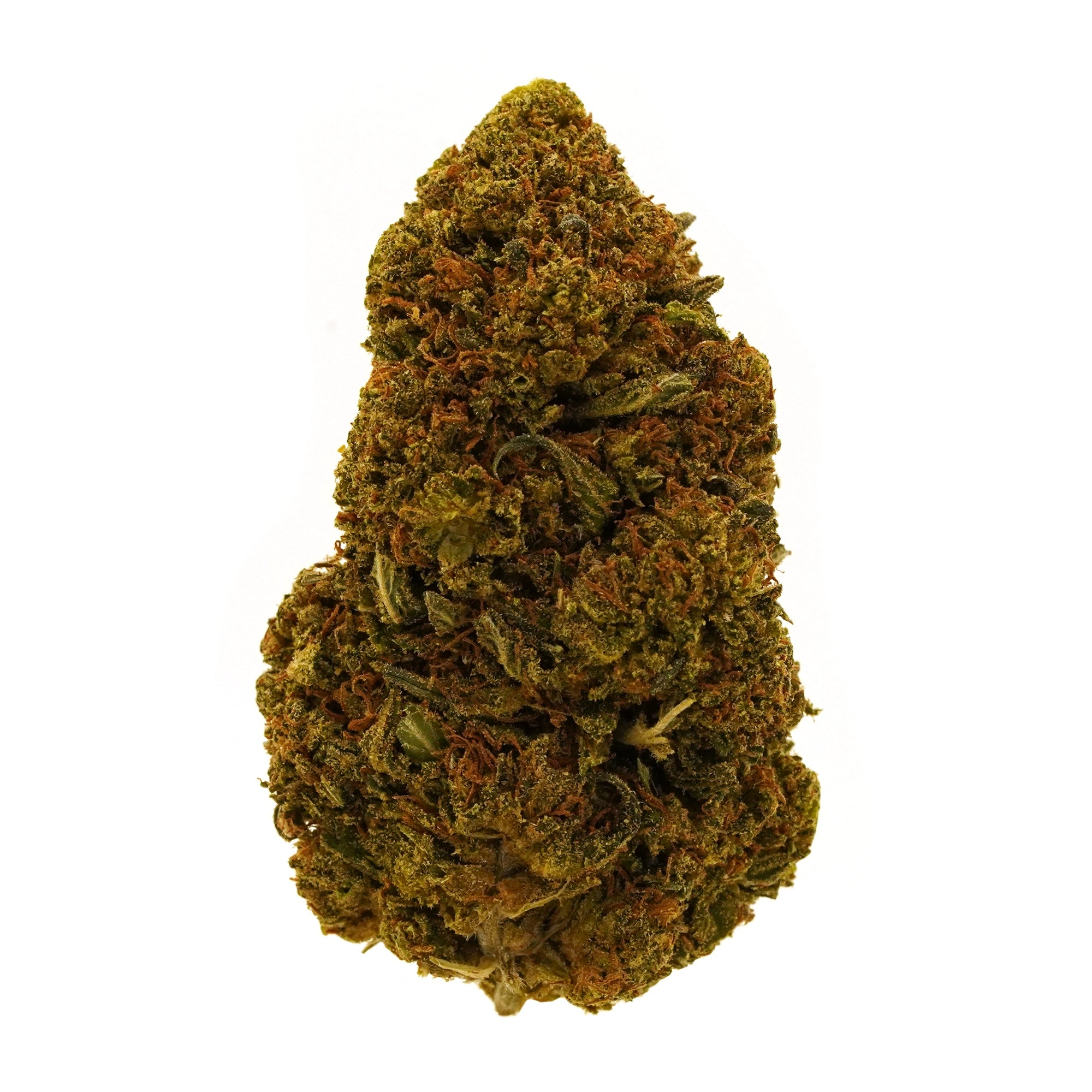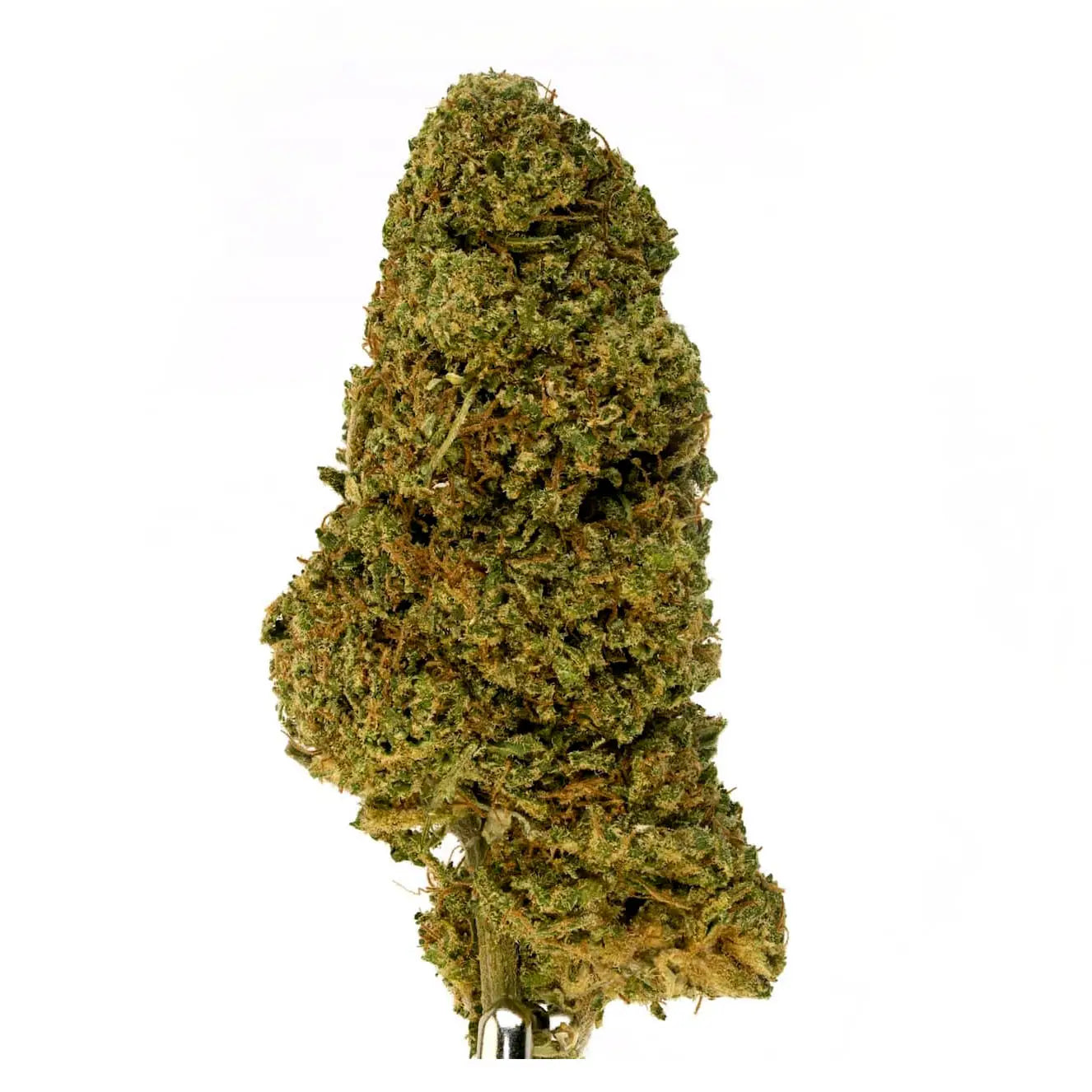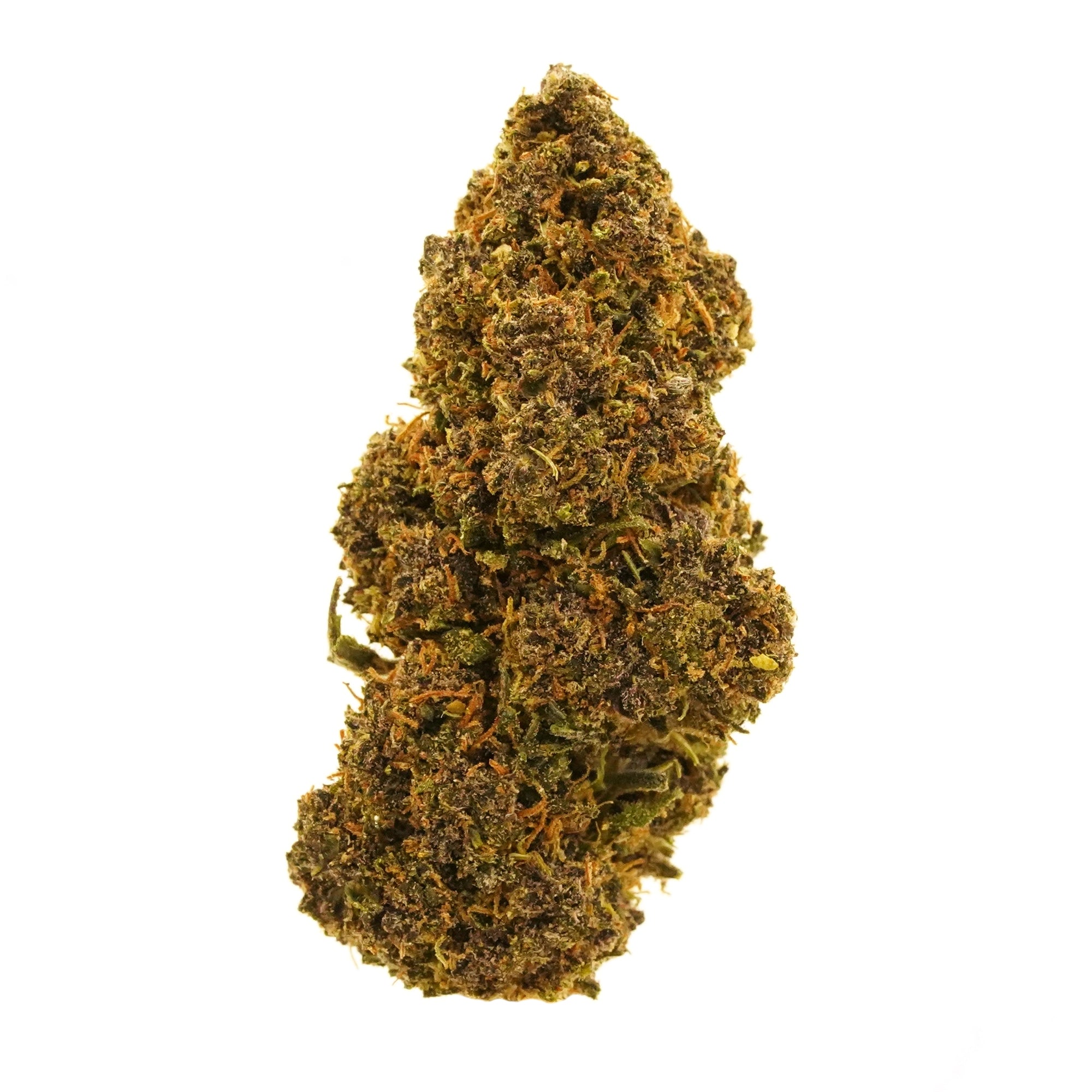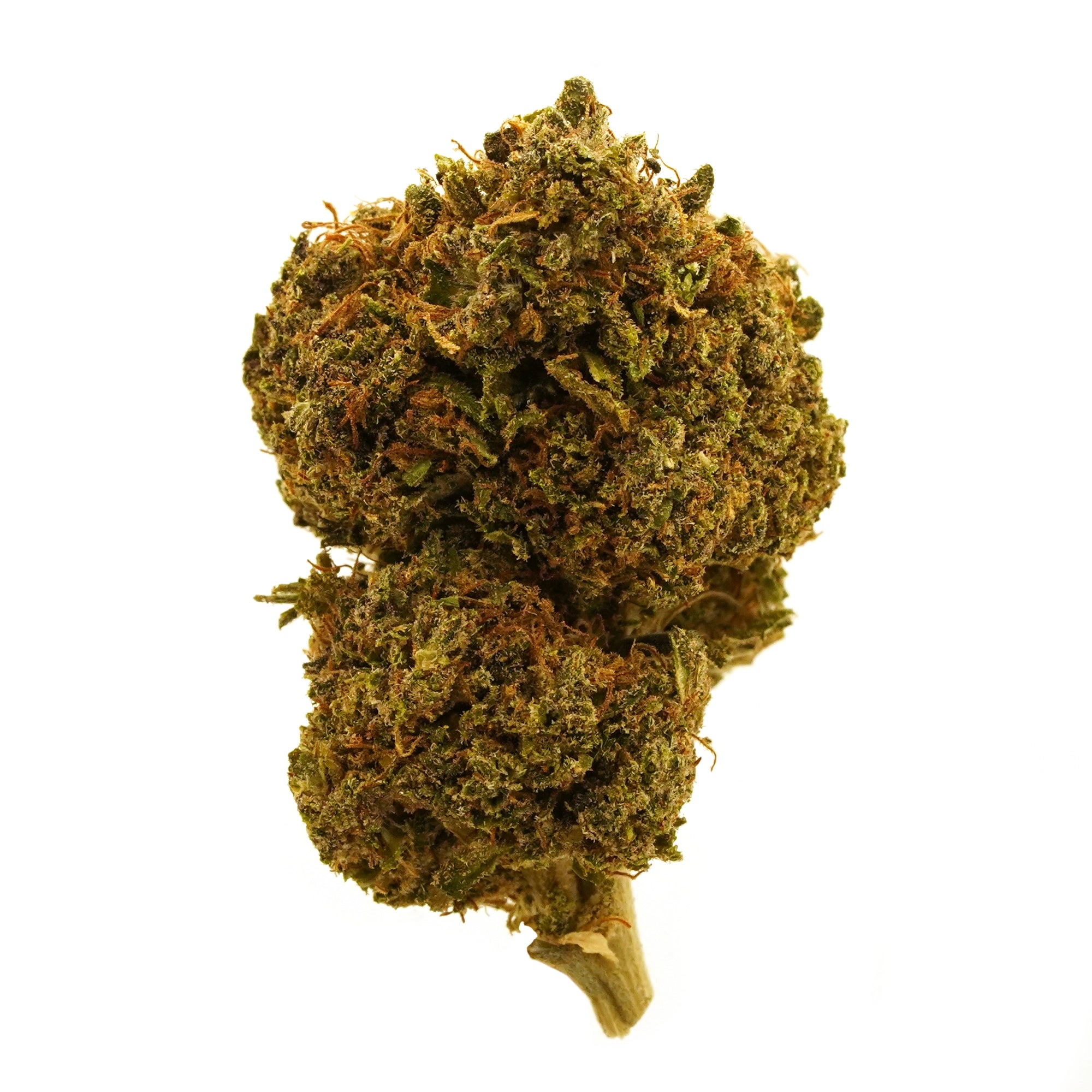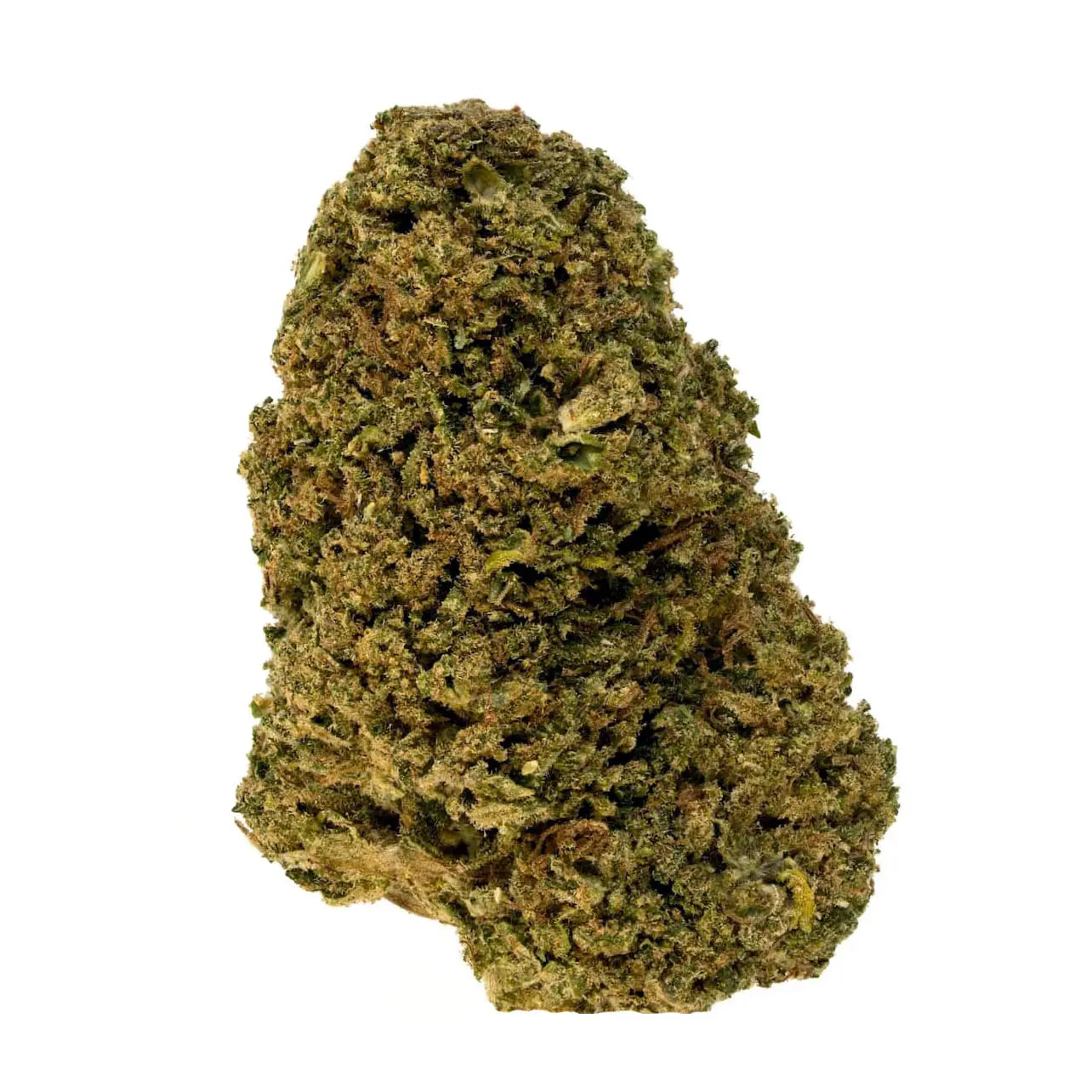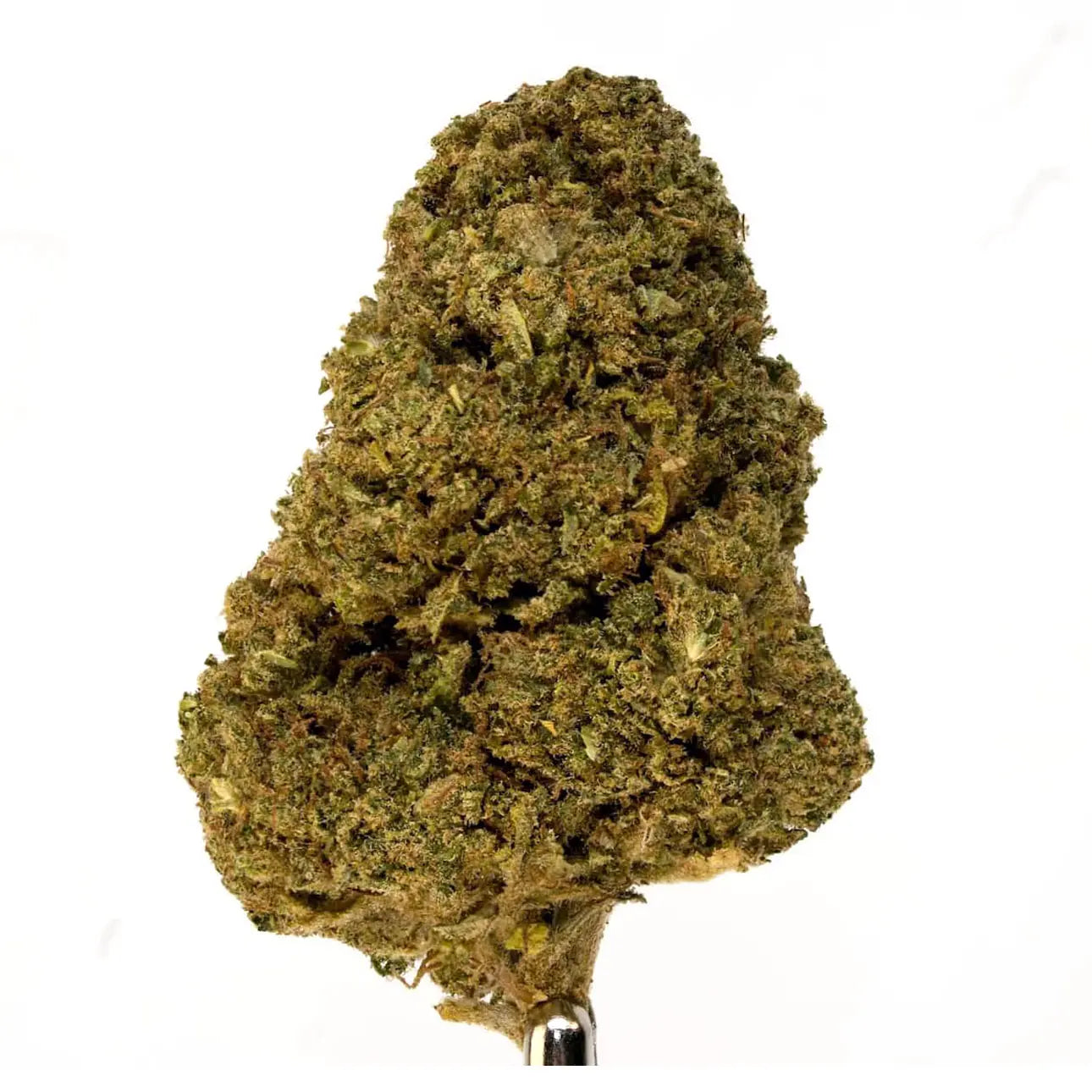Sleep & Restful Relaxation
CBD (cannabidiol) offers a natural solution for those struggling with sleep disturbances by interacting with the body’s endocannabinoid system (ECS), which plays a crucial role in regulating sleep, stress, and overall relaxation. The products in this category are carefully chosen for their ability to support a restful night’s sleep through formulations that promote relaxation, reduce anxiety, and help you unwind.
Here’s how CBD contributes to better sleep:
Balancing the ECS for Restful Sleep
CBD works with the body’s ECS to enhance its natural ability to regulate sleep cycles. By promoting a balanced state, it can help encourage deeper, more restorative sleep.
Promoting Relaxation and Calming the Mind
CBD has a soothing effect on the nervous system, which helps reduce mental chatter and stress that may interfere with falling asleep. By calming the mind, it creates the ideal conditions for rest.
Regulating the Sleep-Wake Cycle
CBD may support the body’s natural circadian rhythm by interacting with receptors that influence the sleep-wake cycle, helping you feel more naturally tired at the right times.
Reducing Anxiety and Stress
CBD’s ability to modulate serotonin and other neurotransmitters can reduce feelings of anxiety, allowing you to unwind and relax before bed without the lingering tension that can disrupt sleep.
Supporting Healthy Melatonin Production
By promoting the natural production of melatonin, a hormone that regulates sleep, CBD helps signal to the body that it’s time to wind down, encouraging more restful sleep patterns.
Alleviating Pain and Discomfort
For those whose sleep is interrupted by discomfort, CBD’s anti-inflammatory and analgesic properties may help reduce pain, enabling a more comfortable and uninterrupted night’s sleep.
Synergistic Role of Terpenes
Full-spectrum CBD products in this category also contain terpenes, such as myrcene, known for their calming and sedative effects. These natural compounds further enhance CBD’s sleep-promoting benefits.
The products in this sleep category are specifically formulated with high-quality CBD and natural ingredients to promote deep, restful sleep and improve overall sleep quality. Whether you struggle with occasional sleeplessness or chronic sleep disruptions, these products offer a natural and effective solution for a peaceful, restorative night’s rest.
